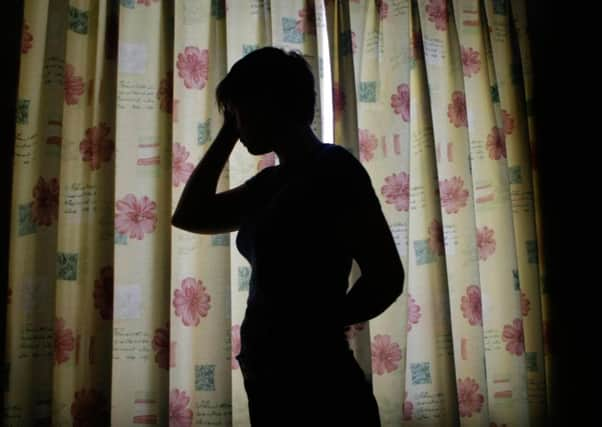France follows Ulster and outlaws the purchase of sex


The measure, passed yesterday, requires those convicted to attend classes to learn about the conditions faced by prostitutes.
In 2014 the Northern Ireland Assembly passed the same law in what it said was a bid to fight human trafficking and exploitation.
Advertisement
Hide AdAdvertisement
Hide AdIn France, some 60 sex workers protested against the law during the final debate, carrying banners – one of which read: “Don’t liberate me, I’ll take care of myself.”
Members of the Strass sex workers’ union say the law will affect the livelihoods of France’s sex workers, estimated to number between 30,000 and 40,000.
Sweden, Norway and Iceland have also passed the law and the European parliament has approved a resolution calling for it to be adopted throughout the continent.
Dublin-based charity Ruhama, which gave evidence to the Northern Ireland Assembly in favour of the sex buyer law, praised the decision by French lawmakers.
Advertisement
Hide AdAdvertisement
Hide AdRuhama CEO Sarah Benson said: “It is clear that across Europe there is a strong desire and commitment to tackling the exploitation of the sex trade by targeting the source of the business – the sex buyers.
“At the same time, it is critical to decriminalise and protect those involved in prostitution.”
She called for the Irish Parliament to complete its corresponding bill as soon as possible.
However, English academic Dr Jay Levy, who spent several years in Sweden researching their system, strongly disagreed.
Advertisement
Hide AdAdvertisement
Hide Ad“Criminalising legislation of this sort never achieves its stated ambition of decreasing levels of sex work; the same will be true in France,” he told the News Letter.
“Such legislation does, however, demonstrably exacerbate difficulty and danger for sex workers, especially the most vulnerable and resource-poor sex workers. Sex work becomes more clandestine, distance is increased between sex workers and service/health care providers, negotiating time between sex workers and their clients is reduced - increasing vulnerability and disempowering sex workers - social exclusion increases, as does stigma and discrimination.”
The PSNI said in November that it had decided to issue only cautions in order to “allow time for understanding and awareness” of the new law to take effect.
The Chief Constable said last month that he has eight officers on 16 live human trafficking investigations.